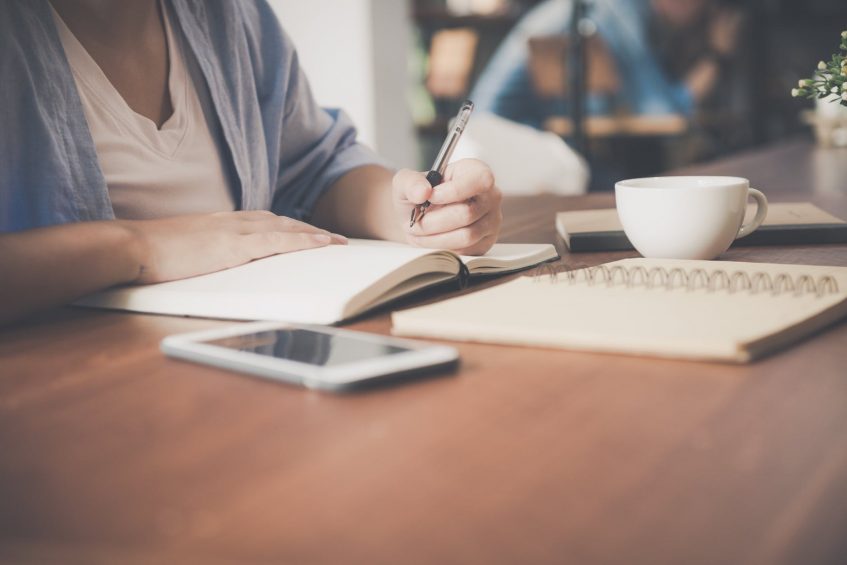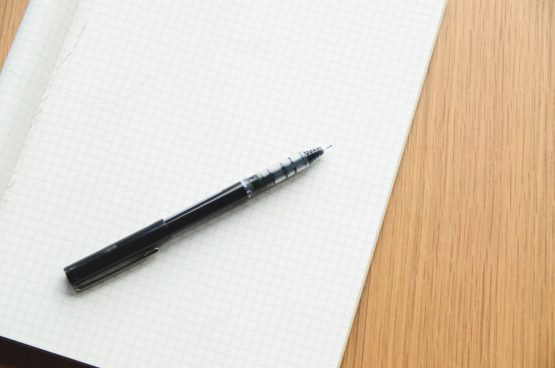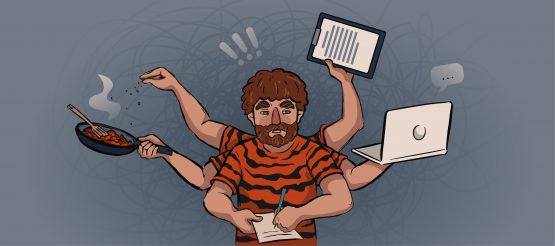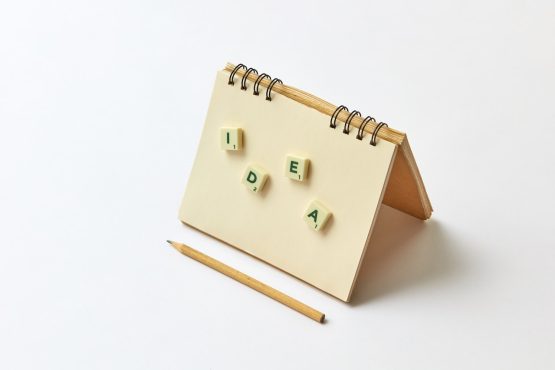7 Research-Based Learning Tricks for Lefties

As a left-handed person, you’ve probably gotten used to the many annoyances that living in a right-handed world has created for you. You are used to bumping elbows at dinner, smudging your writing, and awkwardly using scissors that don’t quite work. But did you know that your unique brain also means that you learn in a different way? In fact, there are several tricks that you can learn now that will give you an advantage in your college setting.
1. Focus on Location
In a 2010 study in Pediatrics, researchers found that those with mixed-handedness or left-handedness are more likely to suffer from ADHD or dyslexia. And, even if you are not diagnosed with either of these, your brain’s ability to quickly shift from the brain hemisphere allows for attention gaps that could make it harder to focus.
Be proactive by choosing seats at the front of the class where you’re less likely to be distracted by other students. Also, you can choose a study area that is free from additional distractors like music or side conversations.
2. Manage Your Fear
The research by Queen Margaret’s University described in an article by Jennifer Hong showed left-handed individuals are more mentally compromised by fearful or highly stressful situations. Participants were asked to watch a terrifying video and recall their experiences. Left-handed participants misremembered details twice as often as their right-handed counterparts.
What that means for you is that being afraid of your first days at college might make it much more difficult for you to keep up with your new classes. In order to mitigate your fear, take a few minutes at the beginning of each day (especially before big tests) to do some relaxation exercises. You’ll feel better and have a better chance of remembering important information.
3. Use Your Creativity
In a study by the Georgetown University Medical Center, left-handed learners were shown to be able to hear and understand rapid speech more distinctly than right-handers. Because of this ability, sitting in lecture halls with a slow-talking professor might make you bored and tuned out.
Instead of randomly doodling during your classes, take this time to creatively organize new information. You might write a song about what your teacher shares in class, making sure to highlight the most important points. Or, take notes graphically, drawing pictures of the concepts, ideas, and vocabulary you will need to know later. This keeps you engaged in class and uses your natural left-handed inclination toward creativity.
4. Grab Memories
In a left-handed person’s brain, the right side of the brain encodes new memories, while the left side of the brain reactivates those memories. In the article for TIME, Maia Szalavitz mentions the interesting research study by Montclair State University, which proves that clenching your fist while learning a new fact allows you to better “grab” the information. Then, clenching your right fist activates your left brain, making it easier to recall the information you previously “grabbed.”
5. Make Connections
One thing that lefties are incredibly good at is making unique connections. Studies from the University of Michigan show that, while right-handed students’ brains are more likely to specialize or compartmentalize information, left-handed students’ brains easily shift from logical to creative. This means that when you’re learning new information, your brain is much more likely to make random connections that might help you to learn and remember.
In order to maximize this natural gift, don’t just write down the notes from your classes. Write down the unique connections that your brain makes with that new information. You’ll be much more likely to remember how the information impacted you, which makes it easier to recall for a test.
6. Get Enough Sleep
Although you may not know it, you need more rest than a right-handed person. As published in Chronobiol, a study was conducted that showed left-handed people slept an average of 30 minutes longer than right-handers.
What this means for you is that rest is a vital part of your brain makeup. In order to do your best on your exams, you need to wake refreshed and with your brain in good working order. Plan on getting a good eight hours of sleep in order to be at your mental peak.
7. Color Coding
Scientists from the University of Abertay found that lefties are less likely to engage in risky behavior. Although this was a broad finding, lead researcher Lynn Wright also found several study techniques that helped these individuals make good choices. She said, “They [left-handers] like to color-code things, they like to write lists. It’s almost a way to alleviate their stress.”
So, if you’re feeling stressed out about a particular class or study topic, create a color-coding system to help you organize your material. Or, write a list of the things you need to know that you can easily check off as you study. You’ll feel more in control and be more focused on success.









